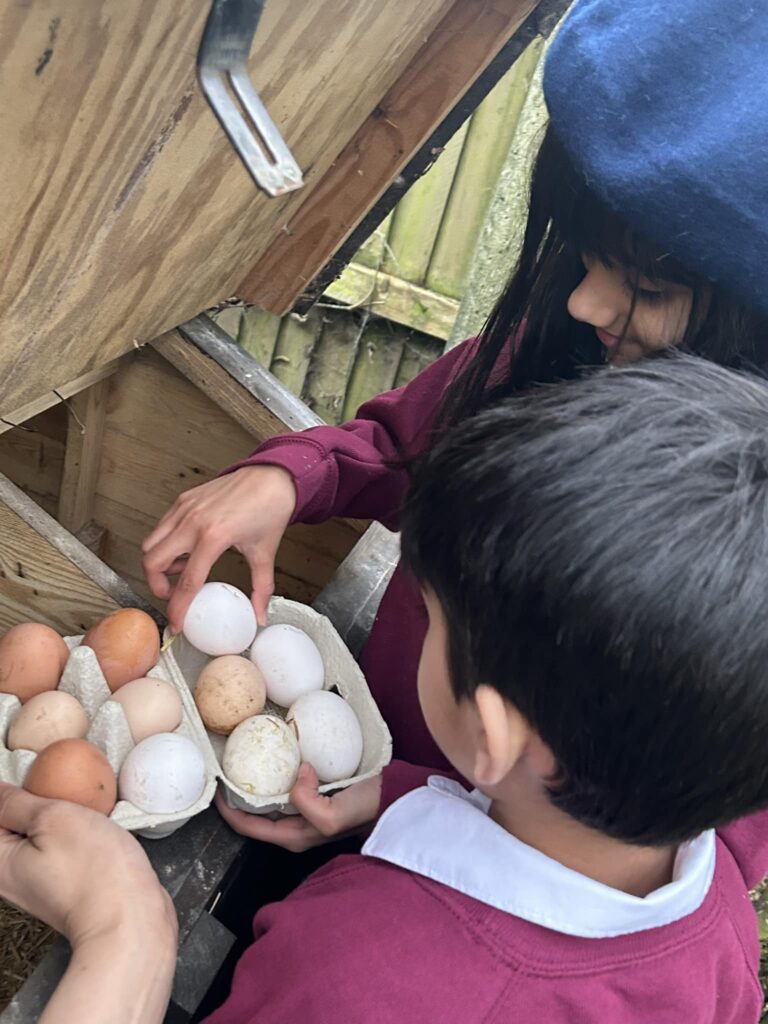
Benefits of Hands-On Learning for SEN Children
Children with Special Educational Needs (SEN) often learn best through experience. In a Montessori environment, hands-on, practical activities are central to learning, and this approach has proven particularly beneficial for SEN children. Here are five key advantages:
Improved Engagement and Focus
traditional learning methods that rely heavily on textbooks or verbal instruction can be challenging. Hands-on activities—like building with blocks, using puzzles, or sorting objects—help engage their senses, keeping their focus and attention longer.
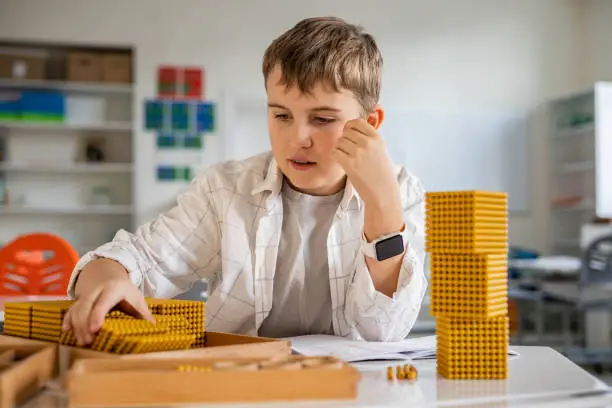
Supports Multi-Sensory Learning
Hands-on learning naturally incorporates touch, sight, and movement, which helps SEN children process information more effectively. Montessori materials like geometric shapes or sensory bins allow children to explore concepts physically, making abstract ideas more concrete.
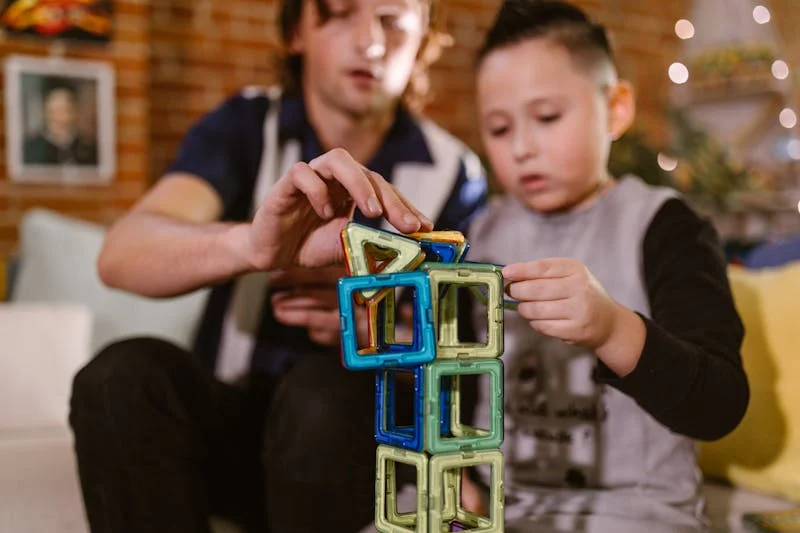
Encourages Skill Development
Practical life activities like pouring water, buttoning, or arranging items are essential in Montessori classrooms. These tasks not only improve fine and gross motor skills but also develop hand-eye coordination and independence—skills SEN children can use in their daily lives.
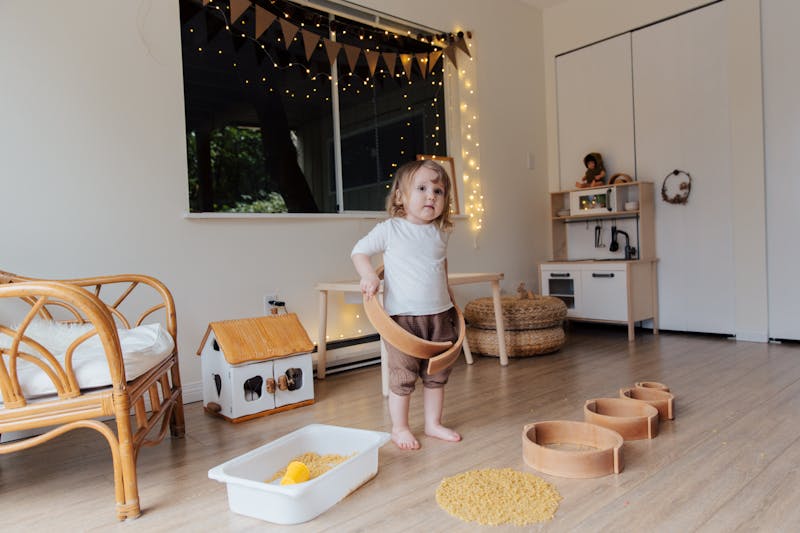
Builds Confidence and Reduces Anxiety
Success in hands-on tasks gives children a sense of accomplishment. For SEN children, who may face challenges in traditional classrooms, the ability to see and feel their progress reduces frustration and anxiety while boosting their confidence.
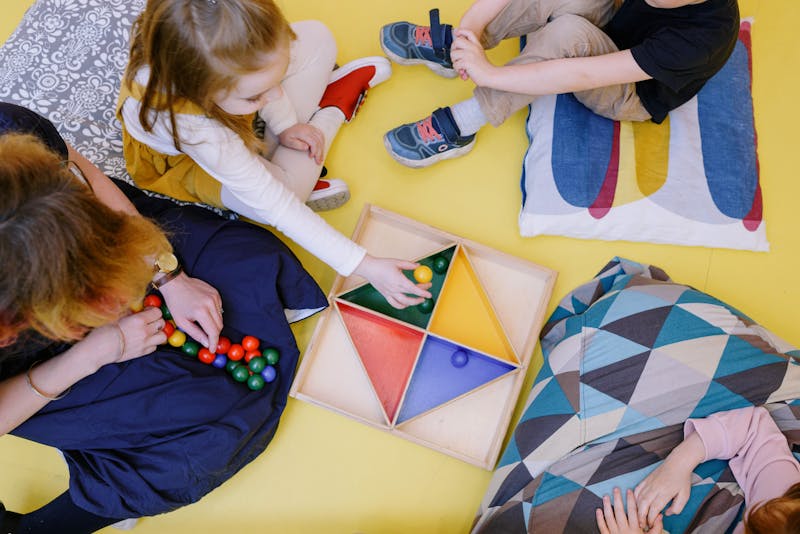
Adaptable to Individual Needs
very child is different, and hands-on learning is flexible. Montessori practitioners can adjust activities to match a child’s specific abilities, ensuring they feel challenged without becoming overwhelmed. This personalised approach allows SEN children to thrive at their own pace.
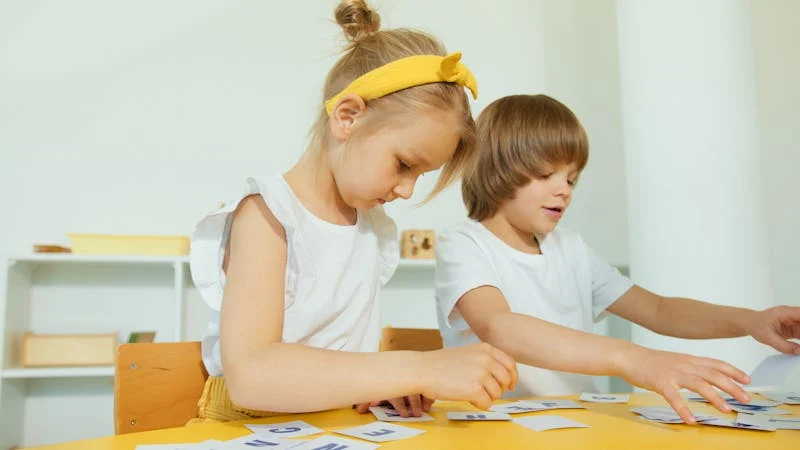
At Limes Montessori, we’ve seen how hands-on learning provides a solid foundation for SEN children to build confidence, independence, and a love for learning. By encouraging children to explore, create, and problem-solve with real, tangible materials, we help them develop skills that last a lifetime.
🎓 Did You Know?
• Montessori materials like knobbed cylinders and geometric shapes were originally designed to help children with learning differences explore concepts physically.
• Multi-sensory learning improves information retention by up to 30% compared to traditional learning methods.
• Tasks like pouring, sorting, and buttoning not only build motor skills but also help develop independence and focus—critical for SEN children.
📹 Watch This: See how hands-on Montessori learning helps SEN children thrive.
“At Limes Montessori, we focus on empowering every child to reach their potential through hands-on, tailored learning. Schedule a tour today to see how we can support your child’s growth.”